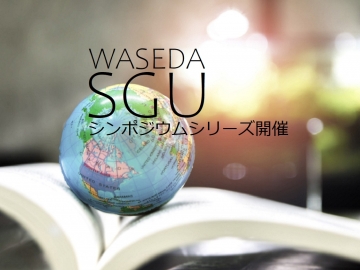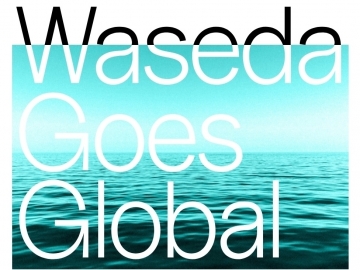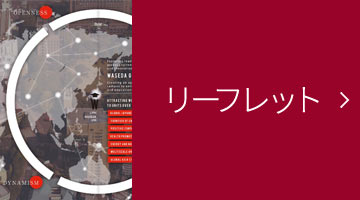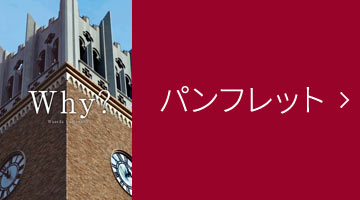現代政治経済研究所・実証政治経済学拠点共催にてUniversity of HawaiiのRuben Juarez先生をお招きしてミクロ実証セミナーを開催いたします。ぜひご参加ください。
” Dynamics of Trust and Consumption of COVID-19 Information Implicate a Mechanism for COVID-19 Vaccine and Booster Uptake”
【発表者】Ruben Juarez 教授(Professor at the University of Hawaii Economic Research Organization and the Department of Economics at the University of Hawaii)
【日時】 12月22日(木) 4:30pm-6:00pm
【場所】 3号館801教室(対面のみ)
【言語】 英語
【対象】 早稲田大学学部生、大学院生、教職員、一般
【費用】 無料
【申込】 事前申し込み不要
【要旨】Vaccine hesitancy remains a significant barrier to achieving herd immunity and preventing the further spread of COVID-19. Understanding contributors to vaccine hesitancy and how they change over time may improve COVID-19 mitigation strategies and public health policies. To date, no mechanism explains how trust in and consumption of different sources of information affect vaccine uptake. A total of 1594 adults enrolled in our COVID-19 testing program completed standardized surveys on demographics, vaccination status, use, reliance, and trust in sources of COVID-19 information, from September to October 2021, during the COVID-19 Delta wave. Of those, 802 individuals (50.3%) completed a follow-up survey, from January to February 2022, during the Omicron-wave. Regression analyses were performed to understand contributors to vaccine and booster uptake over time. Individuals vaccinated within two months of eligibility (early vaccinees) tended to have more years of schooling, with greater trust in and consumption of official sources of COVID-19 information, compared to those who waited 3–6 months (late vaccinees), or those who remained unvaccinated at 6 months post-eligibility (non-vaccinees). Most (70.1%) early vaccinees took the booster shot, compared to only 30.5% of late vaccinees, with the latter group gaining trust and consumption of official information after four months. These data provide the foundation for a mechanism based on the level of trust in and consumption of official information sources, where those who increased their level of trust in and consumption of official information sources were more likely to receive a booster. This study shows that social factors, including education and individual-level degree of trust in (and consumption of) sources of COVID-19 information, interact and change over time to be associated with vaccine and booster uptakes. These results are critical for the development of effective public health policies and offer insights into hesitancy over the course of the COVID-19 vaccine and booster rollout.
https://www.mdpi.com/2076-393X/10/9/1435
【問合せ】 野口晴子([email protected])
【共催】 現代政治経済研究所・実証政治経済学拠点









